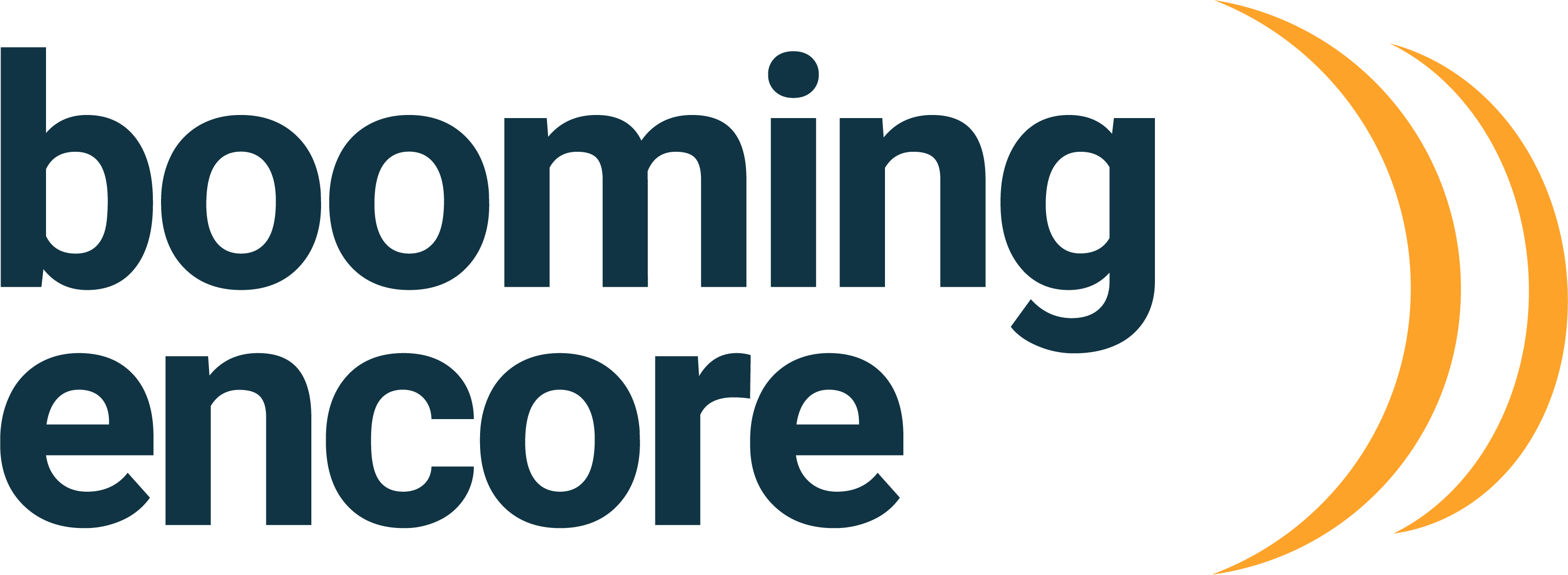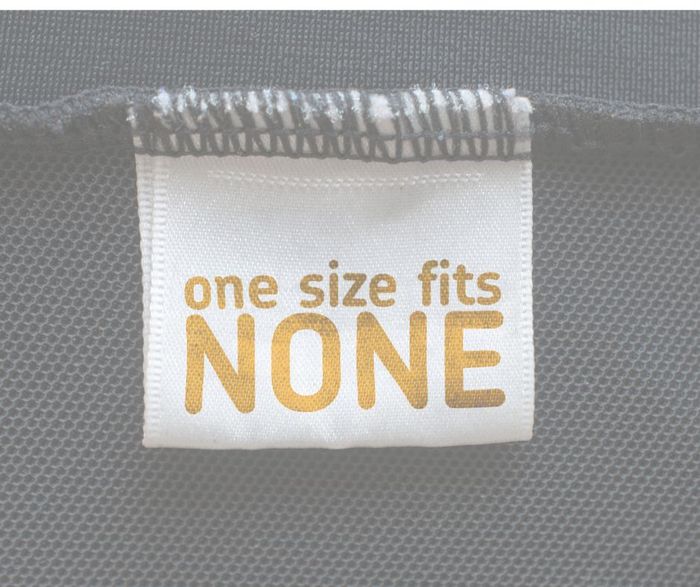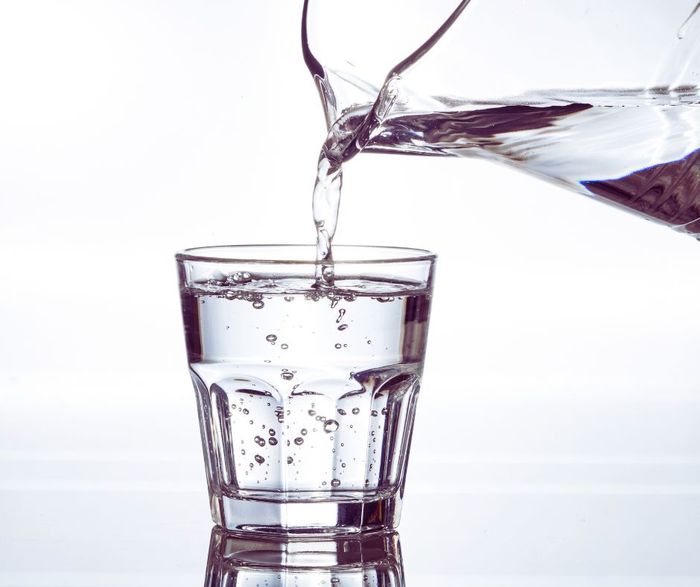My AI Wellness Experiment: Day 16 - The Great Bread Debate

Day 16, and I'm wrapping up what has been a telling day in my wellness journey.
I didn't sleep well last night, and wow - the connection between fatigue and willpower is undeniable. I've been catching myself looking for comfort in food all day, my brain practically screaming for quick energy and easy satisfaction.
It's fascinating how one poor night's sleep can make everything feel harder. My usual intuitive food choices suddenly require more conscious effort. The habits I've been building over the past two weeks feel less automatic when I'm running on fumes. But there's something valuable in recognizing this pattern rather than just powering through it blindly.
The Convenience Factor That No One Talks About
This fatigue-fueled day got me thinking about something practical that's been nagging at me: bread. Not because I'm desperately craving a loaf of sourdough, but because of the sheer convenience factor. My wellness plan has essentially eliminated bread from my daily routine, and while I understand the reasoning, the practical reality is that it's just so much easier to pack a sandwich than to prep a salad.
When you're tired, when you're rushed, when you're dealing with the mental load of changing your entire relationship with food - convenience matters. A lot.
Separating Bread Facts from Food Rules
So I decided to dig into the bread question properly. Is bread actually bad for you, or is this just another food rule that sounds more scientific than it actually is?
As explained by my AI wellness coach, the truth, as usual, is more nuanced than the black-and-white thinking that dominates most diet advice. Bread isn't eliminated from weight loss plans because it's inherently evil - it's minimized because of how it behaves in your body and your daily routine.
Most commercial breads are calorie-dense without being particularly satisfying. They cause blood sugar spikes followed by crashes, which can trigger more cravings - exactly what I don't need when I'm already fighting fatigue-induced comfort food urges. Bread also tends to be a "vehicle" food, carrying butter, jam, or generous sandwich fillings that can add up quickly.
But here's what I found reassuring: bread isn't inherently bad. The issue is type and quantity, not the concept of bread itself. Whole grain options with fiber and protein can actually support weight loss when eaten thoughtfully. The gluten-free trend that seems to be everywhere isn't necessarily about weight loss - it's often about genuine sensitivities, but gluten-free doesn't automatically mean healthier or lower calorie.
Making It Work for Real Life
For someone my age dealing with slightly elevated blood sugar, being selective about refined carbs makes sense. But "selective" doesn't have to mean "never." If I do choose bread, pairing it with protein slows the blood sugar response. Choosing better options like sprouted grain breads or thin-sliced whole grain varieties gives me more nutrition and built-in portion control.
The convenience issue can be solved with some creativity: lettuce wraps, mason jar salads with dressing on the bottom, protein boxes with cheese and vegetables. But honestly? Sometimes a well-constructed sandwich with quality bread and lots of protein is going to be the difference between staying on track and grabbing whatever's easiest.
The Bigger Picture on Tired Days
What this day has taught me is that perfect adherence to food rules isn't as important as having a plan for imperfect days. When I'm tired, having grab-and-go options that fit my wellness goals is more valuable than having a perfect plan that falls apart the moment life gets messy.
The key isn't eliminating every potential challenge - it's learning to work with them. Maybe that means prepping convenient options on days when I have more energy. Maybe it means accepting that an occasional quality sandwich isn't going to derail two weeks of progress.
As I head into day 17, I'm taking today's fatigue-fueled food cravings as information rather than failure. My body was asking for quick energy and comfort, and recognizing that pattern helps me prepare better for next time. Poor sleep affects everything - willpower, decision-making, cravings - and acknowledging that reality is part of building a sustainable approach.
Key Learning
The bread question taught me something important about how I want to approach food choices going forward. I don't want to follow arbitrary rules that make my life unnecessarily difficult. I want to make informed decisions that support my health goals while working with my actual lifestyle.
Today was a reminder that being tired doesn't make me weak - it makes me human. And humans need strategies that work in the real world, complete with rough nights, busy days, and the occasional need for something that's just easy to grab and go.
Sometimes sustainable change means finding the sweet spot between ideal and practical.
Check out my post tomorrow where I face a real test of my program and willpower when I go into a social setting (spoiler alert - I'd give myself a 7/10).
Interested in reading all my experiences and conversations with AI so far? Check them out here!
Related content







